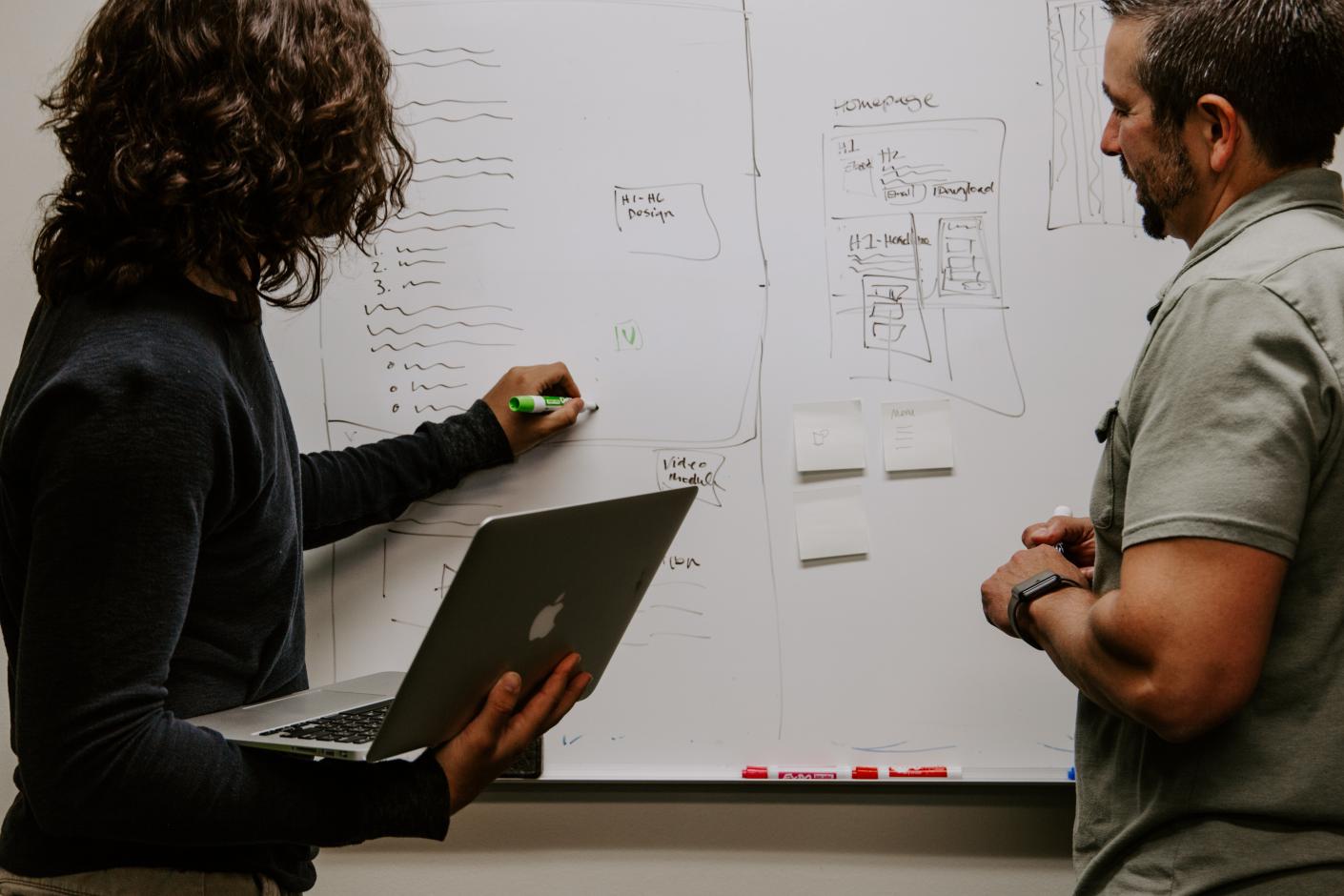Applications Now Open for 2023 Postdoctoral Fellowship Opportunities

Stanford Impact Labs is pleased to announce that we are now accepting applications for our third annual postdoctoral fellowship program, beginning in fall 2023, in partnership with four research teams across the university.
The postdoctoral fellowship program is core to the mission of Stanford Impact Labs. The program seeks to enable a diverse community of scholars to engage in collaborative, impact-focused research, and to publish in competitive journals to elevate their own scholarship and public impact scholarship more broadly. Fellows work across a portfolio of research projects in conjunction with faculty and team members to help advance research and partnerships that address specific societal problems, alongside their own research projects.
We are seeking a diverse pool of applicants who wish to join a team-based, collaborative community that values the different skills, expertise, and perspectives necessary to design, conduct, sustain, and disseminate public impact research. We particularly encourage applications from women, minority, and first-generation PhD recipients, as well as candidates from a broad diversity of PhD-granting institutions.
This year’s postdoctoral positions are available with the following Stanford research teams, each of which addresses challenging social problems. These research teams all demonstrate a commitment to public impact, a focus on partnership and collaboration, and opportunity value to prospective postdoctoral fellows.
CLOSED: The Economic Inclusion Project: Led by David Grusky, Professor of Sociology, and Juliana Bidadanure, Assistant Professor of Philosophy, the mission of the Economic Inclusion Project is to provide gold standard evidence on the effects of building a new inclusive economy based on universal income and wealth floors. The U.S. is currently in the midst of an explosion of pilots (guaranteed income pilots, Baby Bonds pilots) that experiment with establishing such floors. Using a mix of survey, administrative, experimental, and qualitative approaches, the Economic Inclusion Project seeks to provide high-quality evidence on the effects of expanding these pilots into permanent and universal programs. The project explores the effects of income and wealth floors on economic outcomes (e.g., income inequality, racial wealth gaps), on narratives about deservingness and the causes of inequality, and on human flourishing. The simple goal: To understand whether a society that commits to income and wealth floors will become a more inclusive society, a more productive society, and a more humane society. Apply here. This postdoctoral fellowship position is funded through a cost-share between Stanford Impact Labs and the Economic Inclusion Project.
CLOSED: Fletcher Lab: The Fletcher Lab at Stanford University works to advance water resources management to promote resilient and equitable responses to an uncertain future. Led by Sarah Fletcher, Assistant Professor of Civil and Environmental Engineering, this collaborative research community develops computational modeling approaches that bridge the natural and social environments. The lab’s approach works to improve understanding of the water and climate risks that threaten people and the environment, while developing systems-based engineering and policy solutions. Apply here. This postdoctoral fellowship position is funded through a cost-share between Stanford Impact Labs and The Fletcher Lab.
CLOSED: Stanford History Education Group: The Stanford History Education Group developed the research-based Civic Online Reasoning curriculum, helping students sort fact from fiction online. Led by Antero Garcia, Associate Professor of Education, this project embarks on a partnership with leaders in the Los Angeles Unified School District and Chicago Public Schools, working to develop research-tested Civic Online Reasoning materials for specific subject areas (e.g., art, math, English, science, and social studies) tailored to the needs of students in each district. Apply here. This postdoctoral fellowship position is funded through a cost-share between Stanford Impact Labs and Stanford History Education Group.
CLOSED: VMWare Women’s Leadership Innovation Lab: This team is a collaborative community working to understand the specific barriers faced by women of different racial and ethnic backgrounds in the workplace. The lab works on implementing and evaluating interventions to increase women’s representation, persistence, and inclusion in male and white dominated learning and work environments, and is led by Shelley Correll, Professor of Sociology and Organizational Behavior. Apply here. This postdoctoral fellowship position is funded by VMWare Women’s Leadership Innovation Lab.
One postdoctoral fellow will be selected to work with each of the respective faculty mentors and research teams. Fellows will have the opportunity to engage with one another and with the broader Stanford Impact Labs team and community, and will participate in professional development, cohort-building, and other programming activities. Qualifications, evaluation criteria, and application instructions are listed in detail in each open position description.
Please direct questions about the program to Alex Carr, Stanford Impact Labs: acarr2@stanford.edu.
